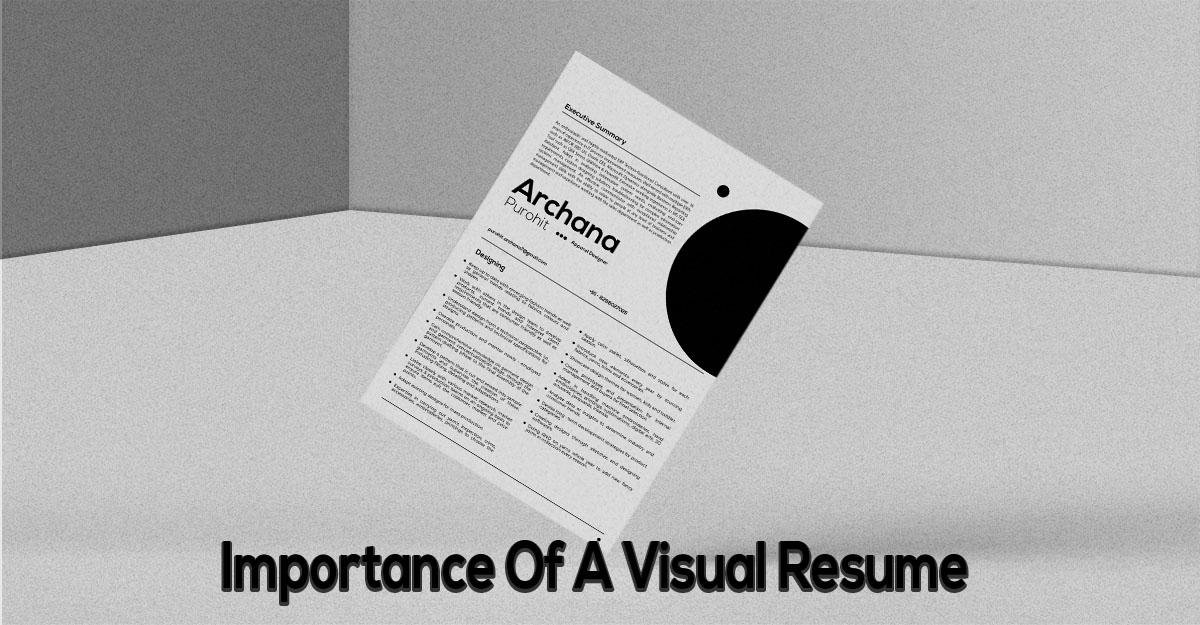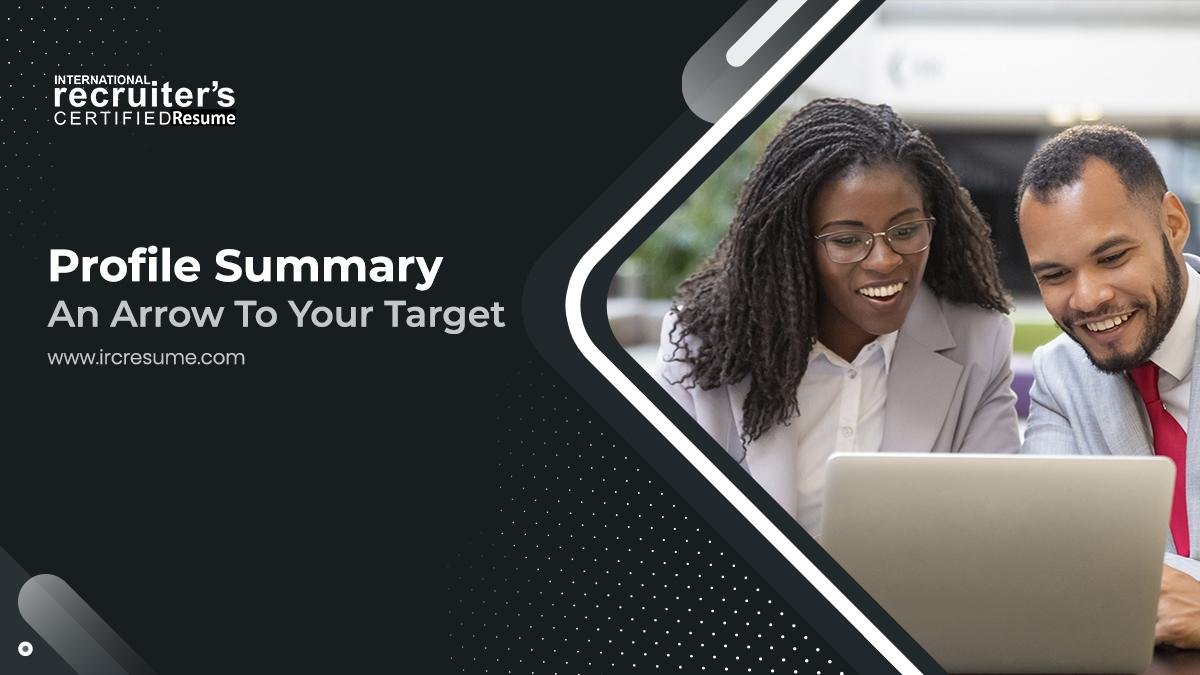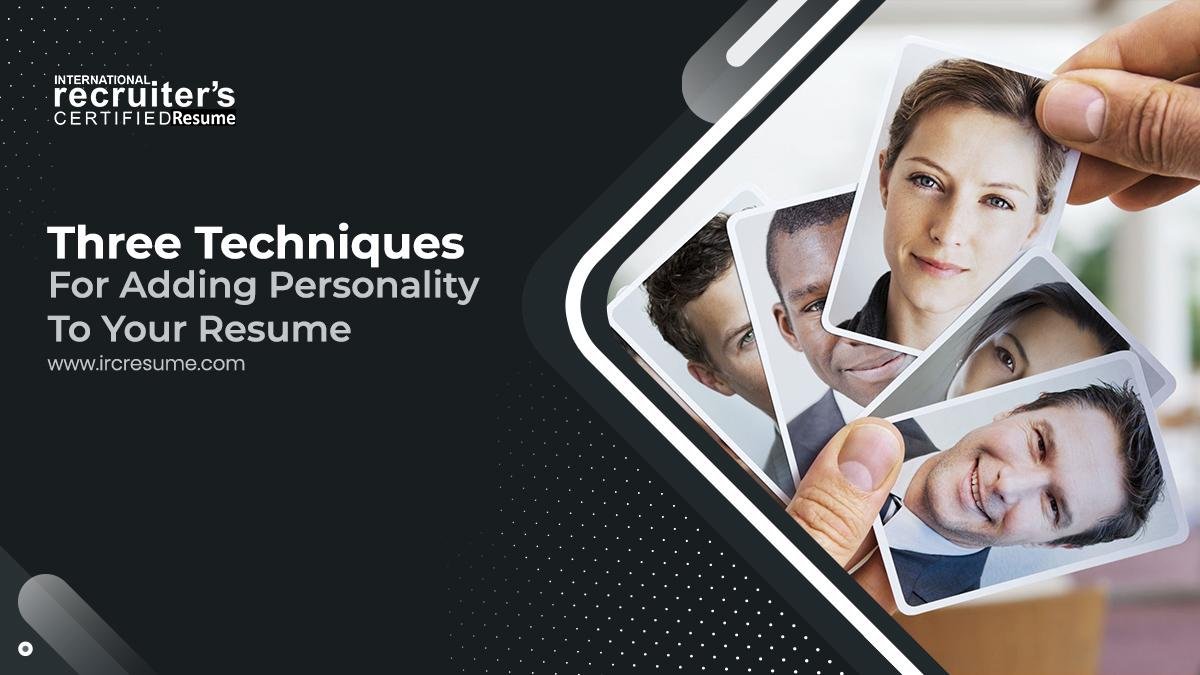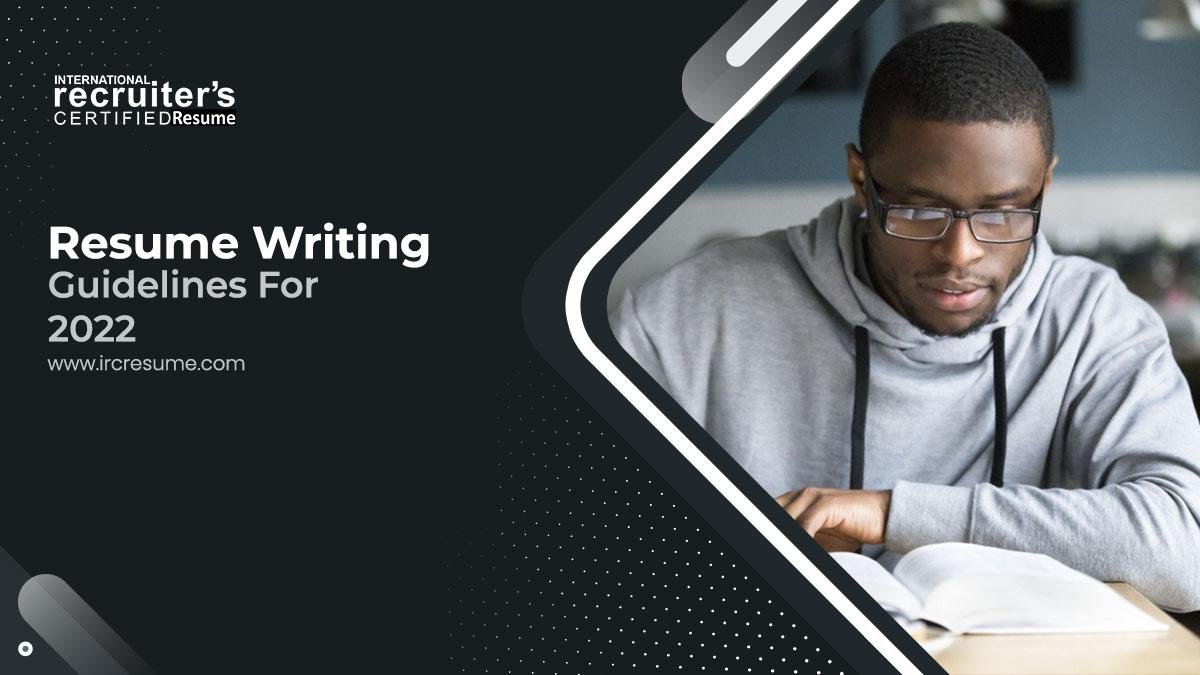Utilizing Behavioral Psychology in Job Interviews: Strategies for Success

In the competitive landscape of job hunting, interviews stand as crucial milestones determining one's career trajectory. With countless candidates vying for limited positions, it's imperative to distinguish oneself. Beyond conventional qualifications, behavioral psychology offers a nuanced approach to navigating these interactions. Understanding human behavior and leveraging psychological principles can significantly enhance one's performance in job interviews. Let's delve into strategies informed by behavioral psychology to empower you in acing your next interview.
1. Preparation is Key
Behavioral psychology underscores the significance of preparation in shaping behaviors and outcomes. Prior to the interview, research the company, its culture, and the role extensively. Analyze the job description to identify key competencies and required skills. This preparation not only demonstrates your genuine interest but also equips you to align your responses with the company's objectives and values.
2. Crafting Compelling Narratives
Human beings are wired to connect through stories. Utilize this innate tendency by crafting compelling narratives that showcase your experiences and accomplishments. Employ the STAR technique (Situation, Task, Action, Result) to structure your responses. By illustrating past challenges and your proactive approach in addressing them, you not only engage the interviewer but also provide tangible evidence of your capabilities.
3. Nonverbal Communication
Nonverbal cues play a pivotal role in communication, often conveying more than words alone. Pay attention to your body language, maintaining eye contact, upright posture, and appropriate gestures. Mirroring the interviewer's body language subtly establishes rapport and fosters a sense of connection. Additionally, a confident handshake and genuine smile contribute to a positive first impression.
4. Active Listening
Effective communication encompasses not just speaking but also active listening. Employ active listening techniques such as paraphrasing and summarizing to demonstrate understanding and empathy. By attentively listening to the interviewer's questions, you can tailor your responses more effectively, addressing their specific concerns and showcasing your suitability for the role.
5. Emotional Intelligence
Emotional intelligence, the ability to recognize and manage emotions, is highly valued in professional settings. Display empathy and self-awareness in your interactions, showcasing your capacity to collaborate effectively with colleagues and navigate challenging situations. Emphasize your adaptability and resilience, highlighting instances where you successfully managed stress or conflict.
6. Positive Framing
Behavioral psychology emphasizes the power of positive framing in shaping perceptions and outcomes. Rather than dwelling on past failures or weaknesses, focus on framing them as learning experiences that have contributed to your growth and development. Emphasize your strengths and accomplishments, exuding confidence in your ability to add value to the organization.
7. Utilizing Social Proof
Social proof, the psychological phenomenon where individuals look to others' actions to guide their own, can be leveraged in job interviews. Incorporate anecdotes or testimonials from previous employers or colleagues to validate your skills and attributes. By showcasing concrete examples of your contributions and achievements, you substantiate your claims and build credibility.
Conclusion: Elevate Your Interview Performance
Incorporating behavioral psychology strategies into your interview preparation and execution can significantly enhance your performance and increase your chances of success. By understanding human behavior and leveraging psychological principles, you can effectively communicate your value proposition and differentiate yourself from other candidates.
Remember, mastering job interviews is a skill that can be honed with practice and persistence. Embrace these strategies, adapt them to suit your personal style, and approach each interview as an opportunity to showcase your unique strengths and qualifications.









